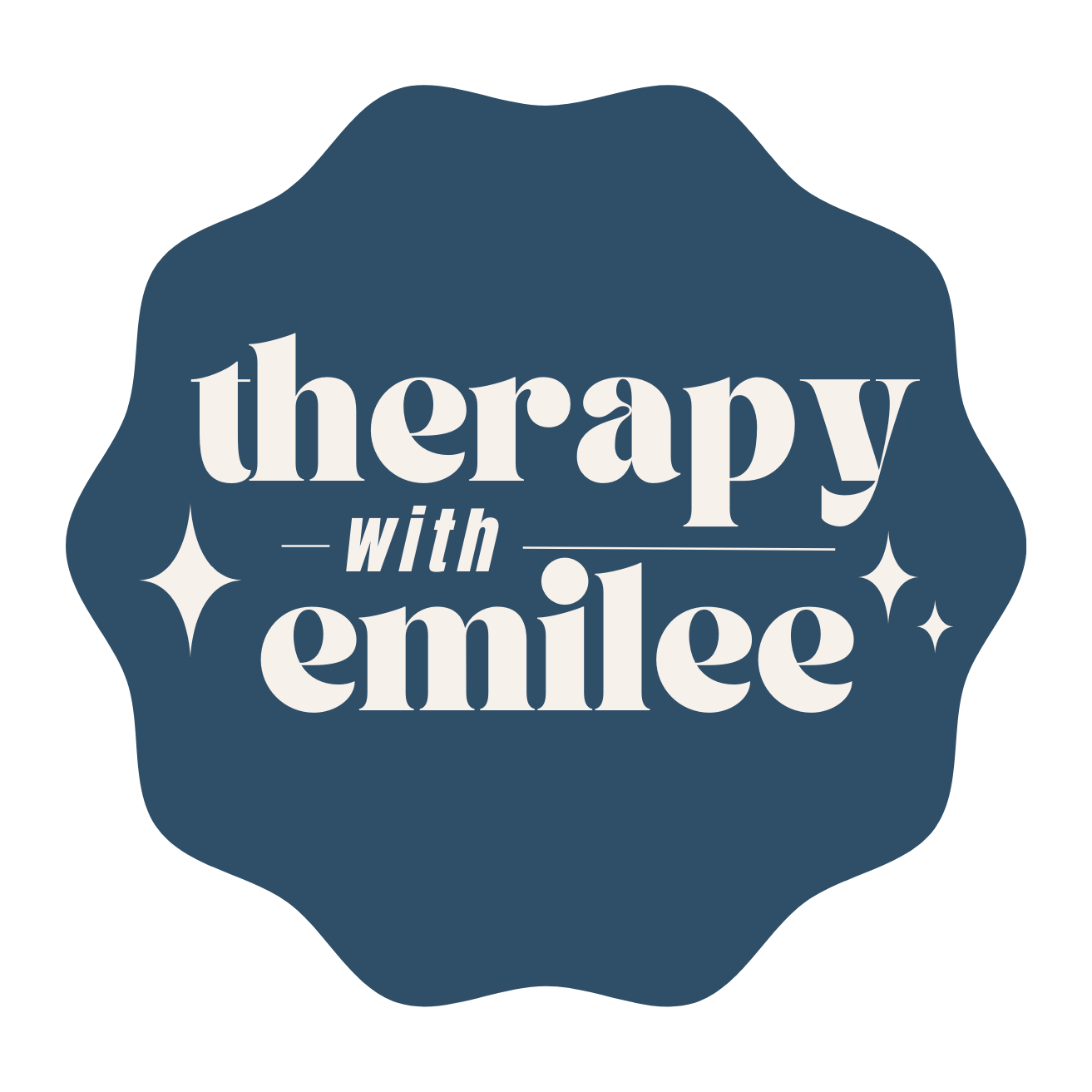why it’s important to ask others what they need:
there’s a helpful suggestion (you might have heard) for when someone comes to you with an issue. before we say anything, we can ask them “do you need empathy or strategy right now?” i’ve adapted this into asking if they need us to solve or sit—whether they want me to help problem-solve, or want me to just sit with them in their emotions.
this is an important way we can show up more intentionally for others. it’s also a way we can show up better for ourselves. i’ll explain why:
believing it’s our job to fix someone is a porous boundary. when we jump to solve without first asking if that’s what someone needs, we are violating a boundary by assuming we know what they need. this can cause the other person to feel misunderstood, invalidated, or unsafe.
even further, assuming we know what someone needs can perpetuate a habit of caretaking what isn’t ours to take care of. it isn’t considerate to ourselves—it puts unnecessary responsibility on us & reinforces possible beliefs that we need to guess or predict what others need from us.
try it out! see how you feel & how others react when you ask them what they need from you. it might feel inorganic or vulnerable. it also might lead to deeper connection & understanding.
*you can read more of these posts on my instagram page, @therapy.with.emilee
a recipe for rejection
Sharing our needs can be a recipe for rejection.
When we feel invalidated or unconsidered by someone, it's a chance to communicate our needs to them. We can let them know why we feel hurt.
We can also choose to not tell them why we feel hurt. This is often much easier. This keeps us from experiencing rejection.
Many of us have likely already experienced that recipe for rejection: sharing our needs with another person.
When we share our needs, our needs might be "too much" or we might be making it "a big deal". If we are too much, then we might not be wanted anymore.
It has felt much safer for us to avoid sharing our needs--which, over time, keeps us from acknowledging our needs to ourselves. Because if we acknowledge our needs, that might mean we need to share them...& again, we want to avoid that at all costs.
Healthy & connecting relationships are built on safety. That safety includes a space where we can share our needs with the other person, freely and without judgment.
When we start to assess & acknowledge our needs, we will likely find relationships that no longer serve us. We will see that we don't need the acceptance of some people anymore, because we are starting to accept ourselves & our needs.
We won't fear rejection anymore, because we know our needs & we know that those needs deserve to be heard & met.
our What & our Why
Two of the most basic counseling skills we are taught as therapists are Reflection of content & Reflection of meaning. Reflection of content is a response we give to a client that reflects on their content—the What of their story. Reflection of meaning is a response we provide that reflects on the deeper meaning underneath their content—the Why of their story.
For example, if a client shares that they heard about a separate text thread their friends have, a reflection of content—their What—might be: “You found out that there’s a group chat you’re not part of.” The reflection of meaning—their Why—might be: “You feel unwanted.”
Our What’s are the things that happen in our daily experiences; our Why’s are the ways these uniquely impact us because of our inner beliefs about ourselves. Increased self-awareness comes as we feel something come up for us, and instead of only acknowledging our What, showing curiosity to figure out our Why.
Perhaps my sister & I had planned to FaceTime. Then she told me a few minutes before that she was hanging out with a friend & wouldn’t be able to chat anymore. If I started feeling hurt, I could acknowledge my What—that my sister changed our plans. I could also dig deeper and acknowledge my Why—that I felt unconsidered & unimportant.
This awareness & distinction between our What & our Why is also valuable in communicating with others. In this same example, if I responded to my sister: “You can’t just change plans on me!” this would come across differently than “I felt unimportant when you chose other plans over our scheduled FaceTime.”
Sharing our Why is vulnerable: it can feel scary! It also isn’t always appropriate or necessary depending on the Who & our corresponding boundaries. But within a safe context, our Why can allow us to show up more authentically while providing the opportunity for deeper connection with others.
Start to pay attention to What impacts you throughout your day today. Then take it a step further & ask—Why?


